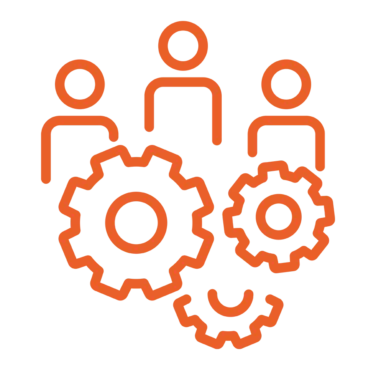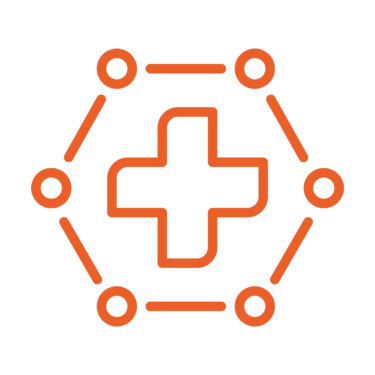Focus Areas
Every day and in communities across the country, we are fighting to connect more people to the mental health and substance use treatment they deserve. Follow our work in the news; learn more about our virtual and in-person events; and visit our blog to gain insight into the state of the field, new treatment trends and opportunities for organizational excellence.
Read our latest blogs
-
Burnout, Boundaries and BalanceJul 14, 2025
In December 2022, I graduated with my master’s degree in marriage and family therapy. My training took place in the medical school’s clinic and a community health care site, where I worked with complex, high-need populations, often uninsured, unhoused and carrying deep histories of trauma. It was intense, emotionally demanding…
Read more -
Five Things To Know About CCBHCs and Their ImpactJul 11, 2025
Certified Community Behavioral Health Clinics (CCBHCs) are transforming how people access mental health and substance use care across the country.As demand surges, CCBHCs are meeting the moment with a model rooted in access, integration and measurable outcomes. But how does that model work in practice?We asked Shauna Reitmeier, MSW, LICSW,…
Read more




